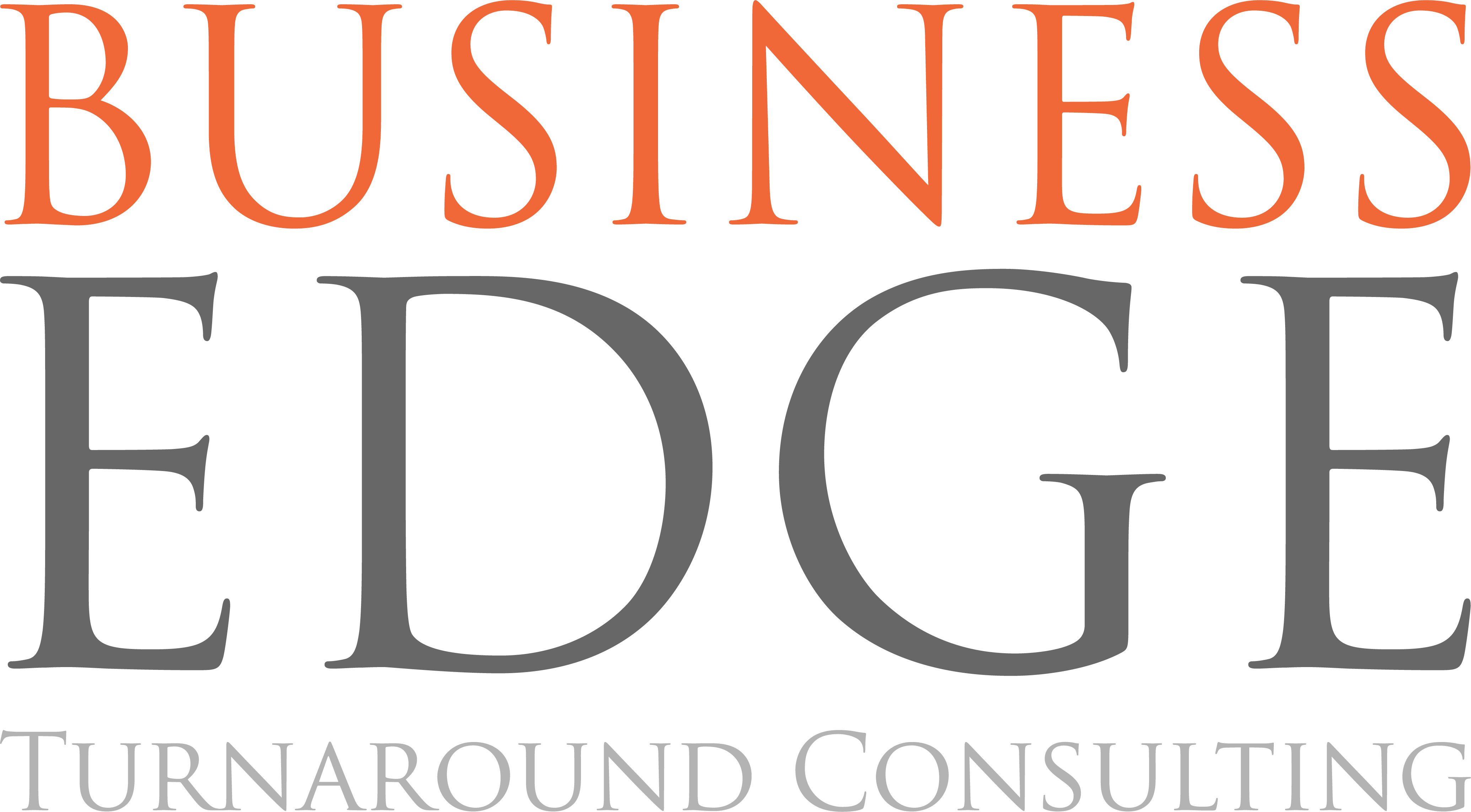Following are questions that might create additional scenarios for your team to consider –
- What might be your industry’s expected pace of recovery?
- Your cash flow –
- Contact your legal advisor to evaluate the legislative backstops available to your company.
- Forecast and monitor weekly cash flows for each of the next 13 weeks. Update it weekly, adding another week to the forecast.
- Are your financing resources reliable? How often will you communicate?
- Does your insurance protect you against pandemic business interruptions?
- Your employees –
- Create your employee health safety plan. Communicate and ask for feedback.
- What will be your employee’s sickness policy, both for them and for those needing to care for their family members?
- How will FMLA and Military service impact key people and their roles?
- What will be your options if employees currently test negative, later test positive?
- Who will assume responsibilities when team members become ill?
- What if you must shut down a second or third time?
- Your technology infrastructure –
- How will you actively maintain your cybersecurity platforms for remote workers?
- What is your contingency plan for additional third-party support?
- Your customers –
- How could your inability to meet your customers’ requirements impact their businesses?
- How will you communicate unexpected service issues? Who and how often?
- Will customers have cash flows to pay for your services, timely?
- Your
suppliers –
- How could a disconnect in your supply chain impact your customer service?
- Will your suppliers support flexible credit terms?
- How will they communicate their service issues? Who and how often?
- What is your back-up plan for any single-source supplier problems?
Shape the above questions to your company’s situation. There are others.
Monitoring and coordinating dynamic business risks and contingencies is difficult. Expect frequent changes and disruptions in the near term.
Encourage everyone to think strategically – best case, worst case, and most likely outcomes. Meet as often as necessary to communicate changes and update information.
Be proactive and take responsibility for resurrecting your business. Expect problems. Anticipate false starts and alternatives. Show empathy. Be engaged. Communicate early and often.
Terry Myers, Principal of Business Edge, is an experienced Management Consultant. He partners with Tom Schnurr to guide companies to bridge the gap to revitalize and optimize stakeholder value. Contact Terry at tmyers@bizedgeusa.com, or Tom at tschnurr@bizedgeusa.com.
